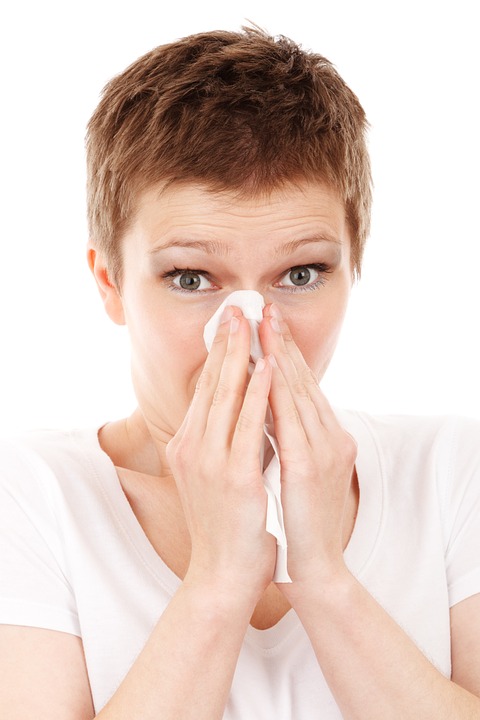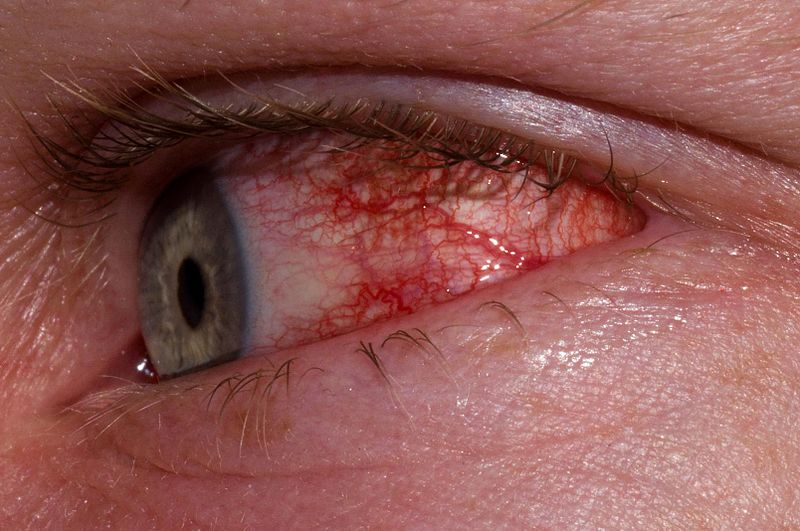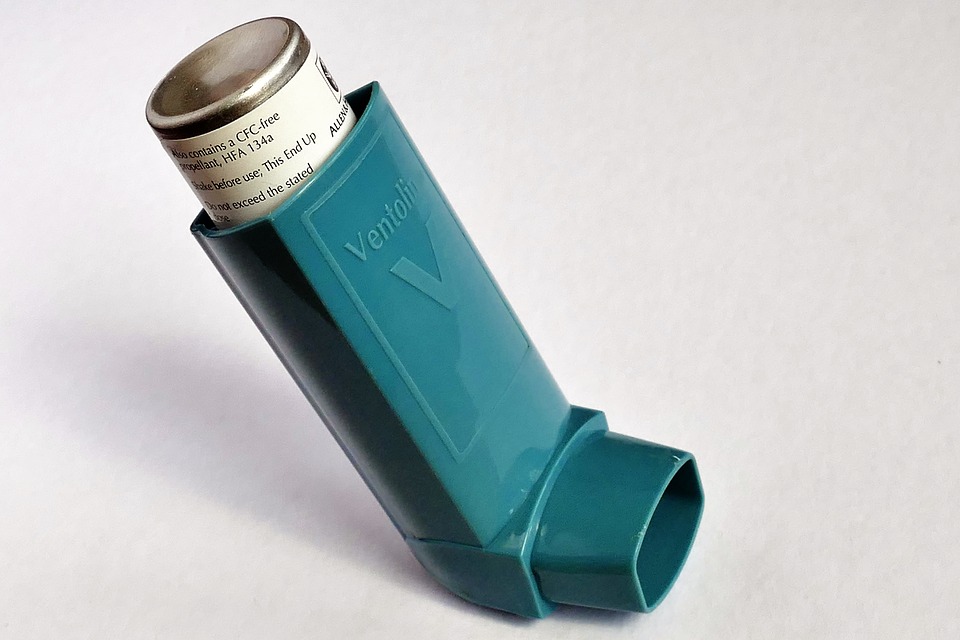Why allergies attack often?

These days, we can hear only one word -- that is: Allergies. Many have this problem, in and around us. Sneezing, coughing, running nose, itching, all symptoms of allergies, are experienced by many, often. Some 10 to 30 per cent of the people worldwide, have allergies. Let us learn about this problem that has spread all over in this modern age.
 What is allergy?
What is allergy?This problem occurs due to many reasons like food, pollen grains, dust mites, medicines, etc. Immune system in our bodies, is a very complicated one. It is a system that protects us from virus, bacteria, toxins (foreign substance/foreign invaders). The moment some allergens enter the body, the immune system identifies them as harmful and begins working against them. For instance, when a pollen grain (allergen), enters the body, the immune system first identifies where the allergen is. It produces anti-bodies to attack it. These anti-bodies are called immunoglobulins (IGE, IGG,IGM, IGA varieties). These enter the cells and produce chemicals that fight the pollen grain. The chemicals are responsible for the allergic reaction. These reactions are seen in form of symptoms, on the nose, nostrils, throat, lungs, ears, stomach and skin. Why only some materials lead to allergies and not others, has not yet been established. Likewise, researchers are yet to determine, why when some allergens are causing certain reactions in some, they do not affect others.
allergic conjunctivitis (itching of the eyes), allergic asthma, Urticaria (Hives), food allergies are the common kind of allergies and are seen often. Allergens can be breathed in through the air or swallowed along with food. They can enter the body through medicines or insect bites. Allergy symptoms usually reveal how the allergens entered the body. For example, if the allergies are caused due to food, the mediators that release the allergens, result in rash on the skin.
 Allergic Rhinitis
Allergic RhinitisThis is the most common of allergies. It is seasonal or exists throughout. It is also called hay fever. The symptoms are sneezing, running nose, nostrils congested, itching in the nose, eyes and upper region of the mouth. Constant allergens in the house like dust mites, pet dander or dust itself might cause this. They are in the air and enter the nostrils when breathed in and cause misery. When the allergens enter the nose, the area swells up. Eyes, ears and sinus too are affected.
Urticaria (hives)
Red rash is seen on the skin. It is either large, like welts or tiny. There is itching. Some kinds of food stuffs and medicines cause this rash. In children it can occur due to viral infection.
 Allergic conjunctivitis
Allergic conjunctivitisWhen the eyes react to some allergens, they become swollen and red and start itching. Eyes water, with burning sensation and there is swelling around the eyeball and inside the eyelids.
Asthma is a long term, lung disease. Cough, chest congestion, breathlessness, cat sounds are some of the symptoms. There is swelling in the nerves and they contract. As such, there is breathlessness. At least 78 per cent of those who suffer from Asthma, also have allergic rhinitis. There is no connection between the two. In majority of the cases, allergic rhinitis leads to Asthma. The situation is critical, if Asthmatic patients suffer lung infections.
 Food allergy
Food allergySome kinds of foodstuffs do not agree with those who have food allergies. As such, their immune system is activated, when they take foods that cause the allergy. Cow's milk, eggs, peanuts, wheat, soya, fish, shell fish and components in shell fish cause allergy. Antibiotics like Penicillin, and anti-inflammatory medicines like Asprin and Ibuprophen too cause allergic reactions.
Sinusitis
Infection of the sinuses (along the nose, beside it and below the eyes), is called sinusitis. Due to this, the sinuses are inflamed and blocked with fluid. Bacteria growth is aided, leading to infection. Headache, pain in the nose and the region beside it, besides running nose, are some of the symptoms.
Severe Allergic Reaction
Anaphylaxis is a life-threatening allergic reaction. Foodstuffs, insect bites (bee sting), medicines etc., cause this reaction. The reaction may occur in various parts of the body at the same time. Hot flushes, reddish rash, itching, breathing problem, catch in the throat, anxiety, vomiting, diarrhoea, cramps etc, occur. In some, there is lowered blood pressure due to shock. Treatment has to be given immediately. Otherwise it could lead to death.
 What to do for allergic symptoms?
What to do for allergic symptoms?A medical physician or an immunologist should be consulted. Family health history, physical examination, skin examination, blood tests etc., will be done to detect the cause of the allergy. Then an action plan for treatment begins. Tablets and injections might be suggested. Anti-histamines, nasal anti-histamines, nasal corticosteroid drops, inhalers in Asthma, oral steroids, etc., are suggested. These have to be used on a long term basis. There is almost no permanent cure for allergies. Treatment is only to control them. Many studies are going on, worldwide, in search of a permanent cure for allergies. However, no permanent cure has been discovered so far. Allergies among children and medicinal causes disappear over a period of time.
Who is at risk?
Allergies can occur at any age, though allergies due to food may begin at an early age. Family history and genetics play a primary role. If parents suffer certain allergies children are likely to have the same. Children born through caesareans are at a greater risk, than those who have normal birth.
Prevention and Cure
Resolve to protect the environment. This is almost impossible to achieve these days. Make sure that the house is dry and there is no moisture, to prevent dust mites. Wash bed-sheets, pillow covers, blankets etc., in hot water, at least once a week. Keep pets outdoors, to prevent spread of dander indoors. Use air purifiers to keep the air indoors clean and fresh. Cover the nose, to protect from cool breeze that might cause allergic rhinitis. Allergic rhinitis and sinusitis might strike due to humidity in the air. During such times, use room heaters.








